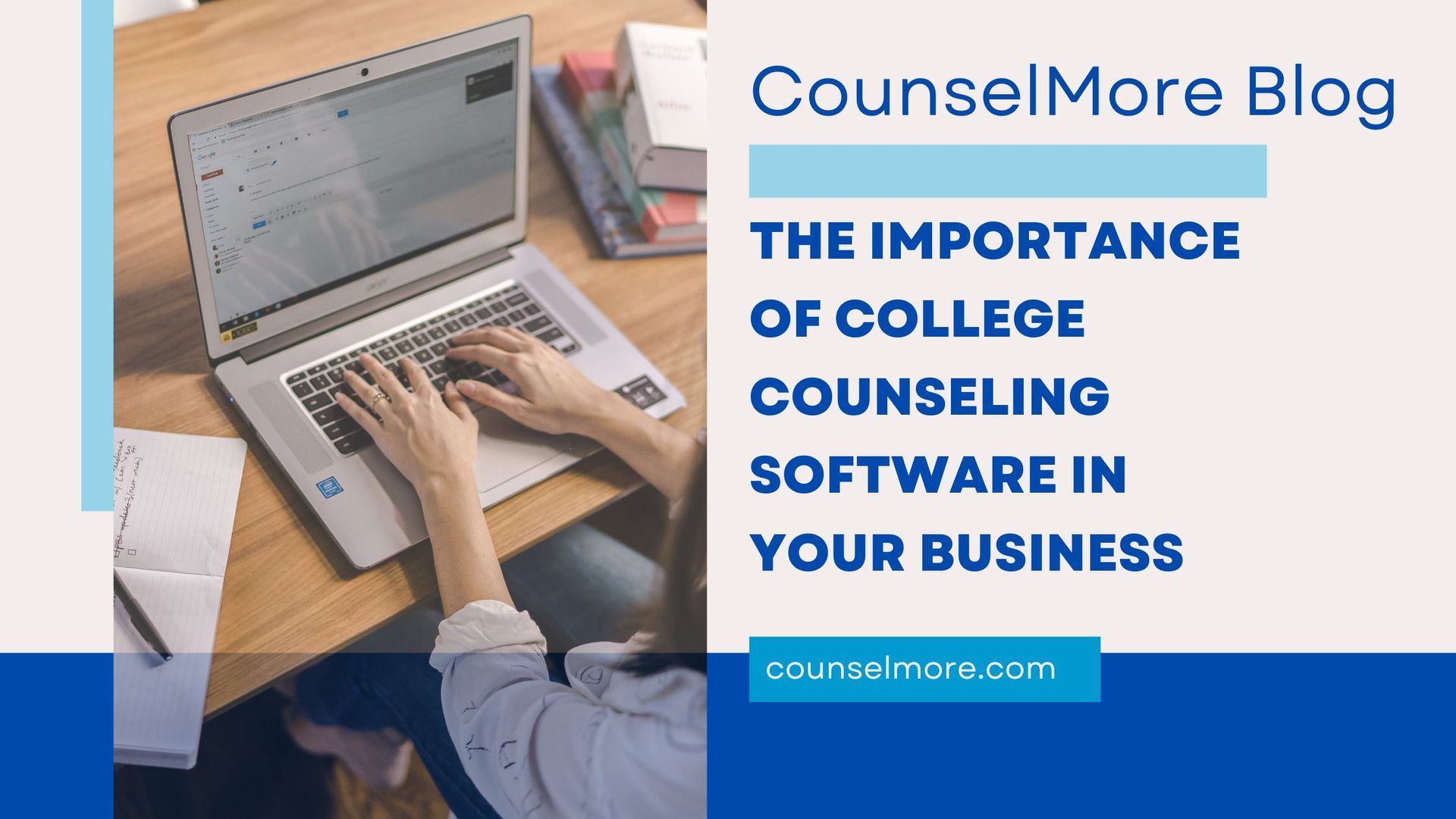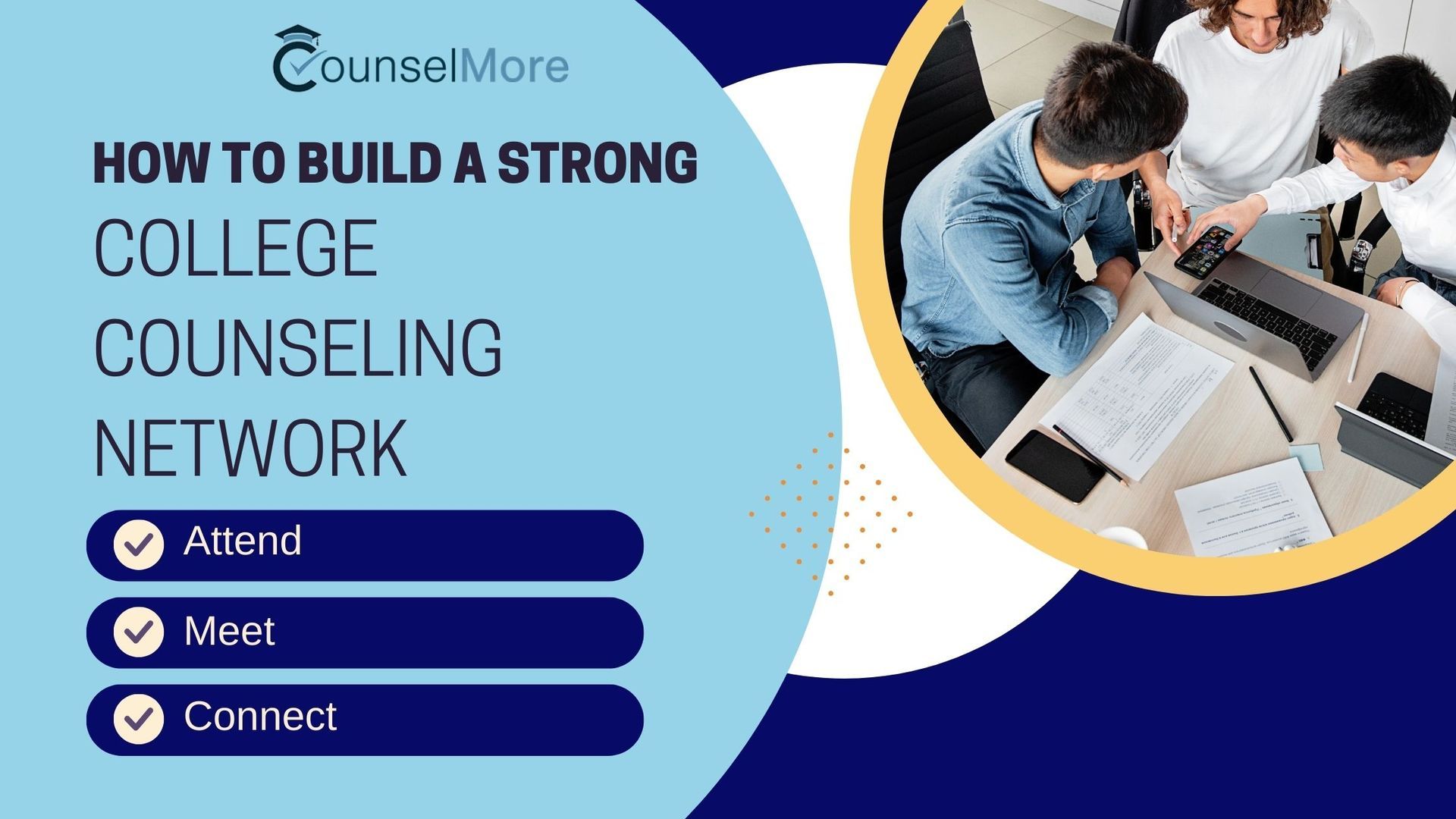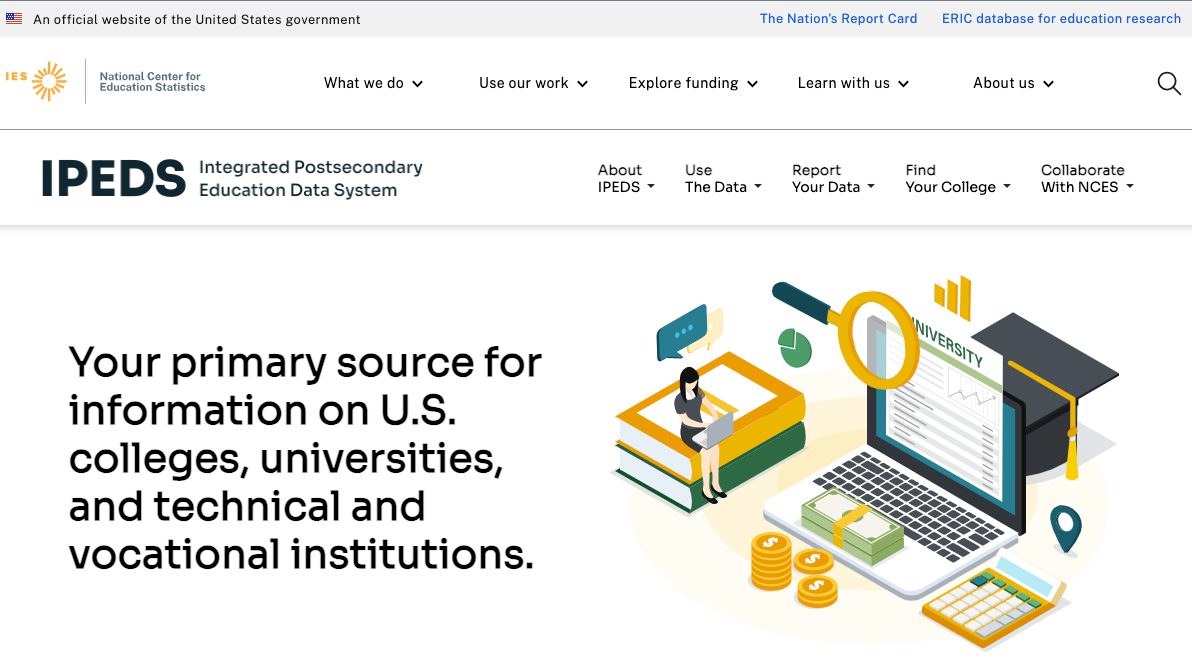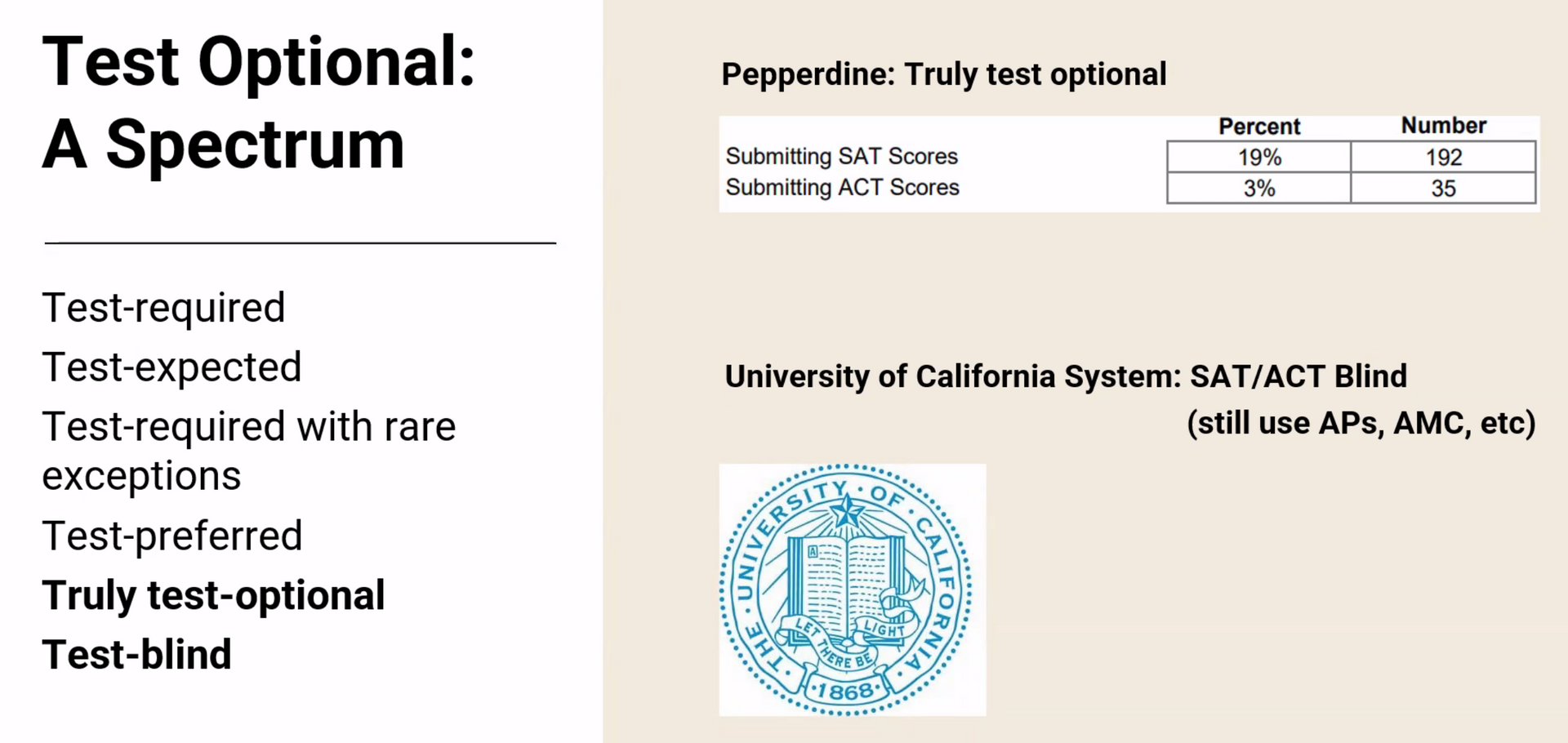8 Eight Frequently Asked Questions, FAQ About becoming an Educational Consultant

Navigating the world of educational consulting can feel overwhelming, whether you're an aspiring consultant or a family seeking guidance.
This growing field offers invaluable support to students and families as they navigate the complex landscape of college admissions, but it also presents a unique set of questions about pricing, services, and best practices. This post addresses some of the most frequently asked questions about educational consulting, drawing from industry insights and practical advice, particularly for those using software platforms like CounselMore.
Whether you're looking to understand the average salaries of educational consultants, explore different pricing models, or learn what it takes to become a successful IEC, this FAQ will provide you with the information you need to make informed decisions and navigate this dynamic field.

1. What kinds of services do independent educational consultants (IECs), college counselors provide?
IECs assist prospective college students and their families by offering guidance through the college exploration and application process. This includes reviewing a student's academic record, extracurriculars, and work history to suggest improvements and identify suitable colleges.
Independent educational consultants (IECs) are experts in auditing students' profiles to determine eligibility for specific schools. Many colleges have complex application rules, and interpreting them can be challenging. Consultants also develop strategic plans for application deadlines and maximize admission potential. With students applying to as many as 15–20 schools each, and consultants managing 35–45 students annually, IECs juggle significant project management responsibilities, offering their expertise and guidance to ensure personalized, successful outcomes. The CounselMore College to candidate comparison tools will help you to know if the student is qualified to apply and where their profile will need focus.
IECs also guide families through the application process, including essays and financial aid options. They may also specialize in certain types of students like athletes or those with learning disabilities. They help families understand the college admissions process, providing individualized advice and support that school-based counselors, who are often burdened with many students and other responsibilities, may not have the time to offer.
2. How should an educational consultant, college planner determine their pricing structure?
Several factors should be considered.
First, demographics and cost of living in the areas served.
Second, competition, researching the services and pricing of other consultants.
Third, the consultant's experience, highlighting professional development and client recommendations.
Fourth, the consultant's reputation.
Fifth, the specific services provided, where it is recommended to start with one "product" such as a comprehensive college counseling package, developing a repeatable and trackable process for service delivery.
Finally, supply and demand in the consultant’s region, which may involve educating potential clients on the value of their services. Charging for initial consultations is increasingly common, and some consultants apply the consultation fee toward the cost of a larger package. It's advised to use tools like ROI calculators to experiment with strategies and forecast financial goals. Don't have those, then take advice from others who already have a practice.


3. What are common pricing models for educational consultants or private college counselors?
Educational consultants can use different pricing models.
Package-based billing which is a fixed fee for the entire counseling process.
Hourly billing for time spent with the student and family.
Or a block of hours model that provides a fixed amount of service hours that are tracked and deducted from a set overall fee.
CounselMore software also offers a system to build and apply different kinds of billing models in the same account.
4. What is the average salary for an educational consultant, college planner and how does it vary?
The average annual salary for an educational consultant varies based on experience, location, and other factors.
As of December 1, 2024, the national average is around $110,901 per year.
Salary ranges from $98,601 (25th percentile) to $123,201 (75th percentile), but this depends on geographical location.
For example, in California, the average is around $93,731 per year. Those with less experience might make closer to $105,585 and those with eight years or more experience might earn upwards of $112,337.
Hourly rates are approximately $53 on average nationwide and can vary by location and experience as well. The East and West coasts, charge significantly more than Middle America and will skew all of the averages. Check your local market to set the right price.

5. What skills and qualifications are important for becoming a successful independent educational consultant?
A bachelor's degree is essential, and a master’s degree in education or a related field can add credibility.
While there are no mandatory licensing requirements, having an advanced degree in education or a related field with career experience in higher education or high schools is the most common credential listed by practicing private educational planners.
Membership in professional organizations such as IECA or HECA can give you discounts on planned college tours which will grant you access to college campuses. Examining the ROI of club membership would be important for any new consultant.
The skills necessary for success include consulting, business development and change management.
Good communication skills, empathy, and knowledge of the college admissions landscape are essential.
An IEC should be student-focused, honest, and able to navigate the college application process while remaining a neutral advocate.
6. What are the key features of niche software platforms that support educational consultants specializing in college planning?
Software like CounselMore offers features to organize, grow, and market an IEC business.
This includes tools for client management, college list building, application tracking, scheduling, and accounting.
In CounselMore, there are several tools built specifically for time-tracking including a built-in stopwatch function to track time per student that is also automatically added to the client's accounting tab, different billing profiles to track time and package fees, and an invoicing tool that sends clients payment links and confirmation notes, which helps streamline the consultant's business processes. Having integrated document management and communication tools also contributes to more efficient work flow.

7. How can an private college advisor price their services for workshops and teacher trainings?
When pricing for a workshop or teacher training, an educational consultant should calculate their daily rate by first determining all business costs per month, adding a 20-30% profit margin and then dividing by the number of workdays. Travel expenses should always be billed separately and not deducted from the daily rate to avoid diminishing profit margins. It is also recommended that consultants ask for business class and accommodations for trips longer than six hours to avoid potential delays that could risk the job itself.
8. What should parents look for when hiring an college shopping consultant?
Parents should look for reputable consultants who ideally have an independent educational consultant certification and membership in professional organizations. Reviews and testimonials online are also a helpful tool. A good IEC is student-focused, listens carefully to the family's needs and concerns and asks questions to understand their objectives, and is honest about the process and where the student is most likely to find success. They should help families navigate the entire process while also being a neutral advocate for the students needs. A bad IEC will focus more on themselves and their credentials instead of the family. It's essential to ask about professional relationships with colleges, typical clients, and references before hiring a consultant.



















